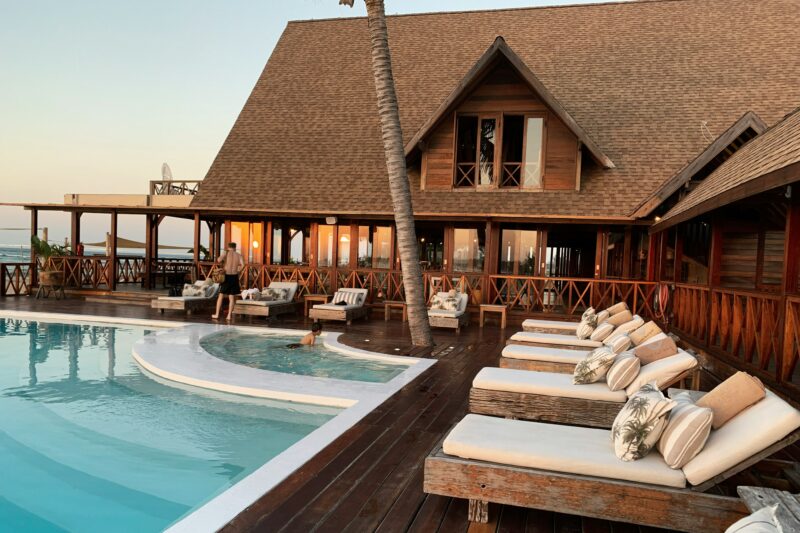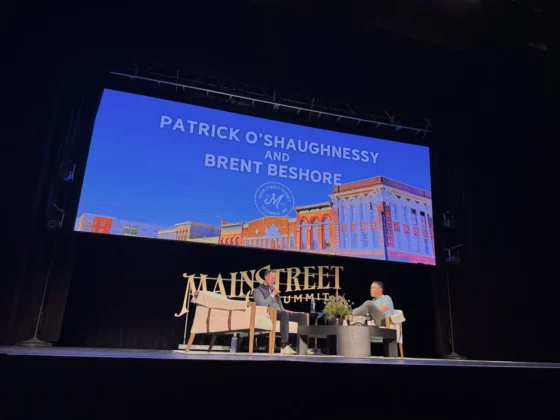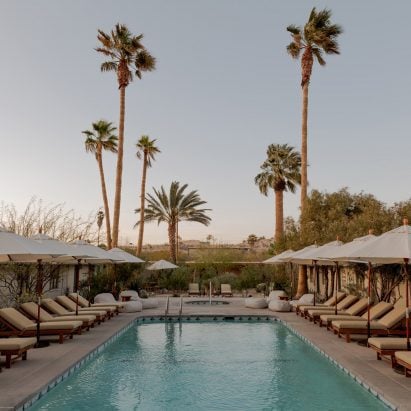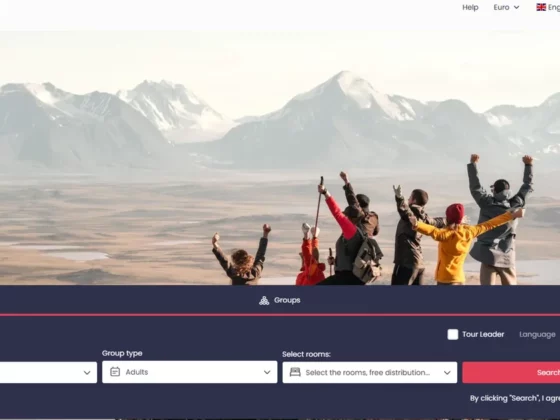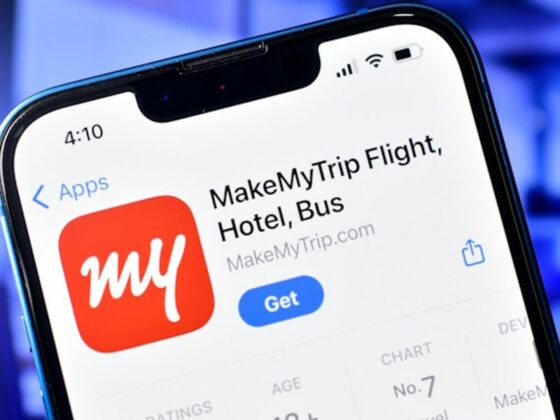Sebastien:
I always say what I like with hospitality and operation is magic, because, from a guest’s point of view, you don’t imagine how much stuff you have behind. And I usually compare hotel with also tech companies in a way, the magic touch like Apple and the iPad and all the revolution we got. There is something like magic with technology and I love the same parts happening with hotel. As guests like at Disneyland, you don’t understand half of what is behind, but it sounds like wow, it creates emotion and I think the hotels create emotion for guests. It’s amazing to see what we can do.
Josiah:
It’s interesting to think about emotion as such an important part of hospitality. I’m curious with the clients that you work with, these luxury hotel brands and properties, is it always the same emotion that you’re encouraging them to focus on or do you find there’s a range of emotions that…
Sebastien:
It’s a good point. I think there is a range of emotions and first, depending on the location, because of course resort in the French Alps has a different vibe than a hotel in Paris. And in Paris, it’s a big city so you have different range of emotions inside Paris as well. So I think the digital needs really to serve the guest’s emotion first because it’s something we usually forget, and I know we are all are competing with booking and commission and all that stuff. It’s great, it’s a good mission, but at the same time, at the end of the day we need to create more emotion on the direct channels than on booking. And I think this is the way to approach it instead of just thinking numbers, numbers, numbers. Yeah.
Josiah:
How do you do that? Because I love that end goal, but you talked about some of these direct channels, creating emotion there. How do you go about that?
Sebastien:
Well, we don’t have a secret or I don’t know what, superpower, but we are more trying to think when we do for example, advertising campaign or advertising strategy for hotel, we are more trying to think about the guest emotion and what the guest will really reply. And at the end of the road it’s also about the community is in, because we all have Instagram, we all have TikTok, nice picture, nice content, everything is out there. Nobody can invent something new, I think. Or if someone do those, it will not be from the hotel world, it’ll be from… So what we are trying to really understand is when we do every campaign we are doing a website we are building to try, okay, which emotion the guest is looking for, you know?
Josiah:
I wonder to illustrate this, if we could talk a little bit about Megève and you and I were talking about the Megève, fantastic hotel, incredible staff. But just to illustrate this notion of how do you create emotion based on your community? If you think about Megève, what does that look like in that sort of context?
Sebastien:
Megève is a good case study because basically, it’s in not the center of the French Alps, but almost. It’s really high-end competing with Courchevel. And you have Courchevel on one side, really fancy …It’s a lot of money engaged compared to Megève is trying to build something around family. The village is really different compared to Megève if you know Courchevel. I mean I love the two destination. It’s just a different marketing about the destination and a lot of hotel in Megève, they’re trying first to rebrand also the destination first because some people they don’t know that much about Megève so they’re also trying to make people understand what is Megève, what is the history of Megève and all that, all values around Megève as a ski resort. And after you go inside the hotel history and the heritage, you have a lot of Michelin Star as well in Megève.
You have the Four Seasons doing an incredible job. You have a lot of theme oriented around wellness, spa. You have the golf, but everything can be found in different ski resort. But I think Megève whatever you check online, you have this emotion of this family vibe that you don’t feel the same way for Courchevel. If you look online, even though if you look on Instagram, and I always say to hotel, even the influencer requests you engage with has an impact of this because of course if you see a [inaudible 00:05:44] lady on ski at Courchevel, it creates an emotion, but it’s maybe not the emotion you want to create for your guests because they’re looking for something else because they have kids, because they’re doing something else. So it’s really important to think about that first.
Josiah:
It makes a lot of sense and it really comes back to knowing your guests. Why do you exist, right? And I wonder if we could talk a little bit about what it looks like to work in the community. So whether you talked about Megève being a destination that is communicating what is available there. Let’s say you’re a marketing manager for them at the Megève, how do you think about working with the community tourism as well as is there any interaction with others, organizations or businesses in the area?
Sebastien:
I think they’re already doing a great job with the destination because destination is doing a good job with content, pictures, even the ski slopes, and it’s really an entire world. You have also some interaction with ski domain because Megève is part of a bigger ski domain as well. And also something to have in mind when in Megève, you are from the U.S. you go in the French Alps, you don’t do Megève for two weeks. Megève is usually where you stay for a few nights and most of the guests, they will probably go to Chamonix to see the Mont Blanc because you need also to understand the region. And many people are flying in Geneva like you, but they use few days to do Antibes, Megève, Chamonix.
Compared to maybe French people, you have a lot of Parisian going to Megève as a family and they stay one week. So even this, you are not looking for the same emotion because some Parisian will want to have in memory their childhood in Megève. So this is a different emotion compared to the Americans that never went to French Alps. They want to discover for the first time.
Josiah:
I will say though once you go once, then you want to spend longer, so we’re already planning our next trip. We want to spend at least a week. It totally worked!

